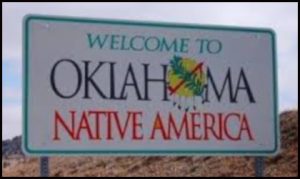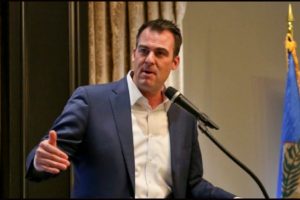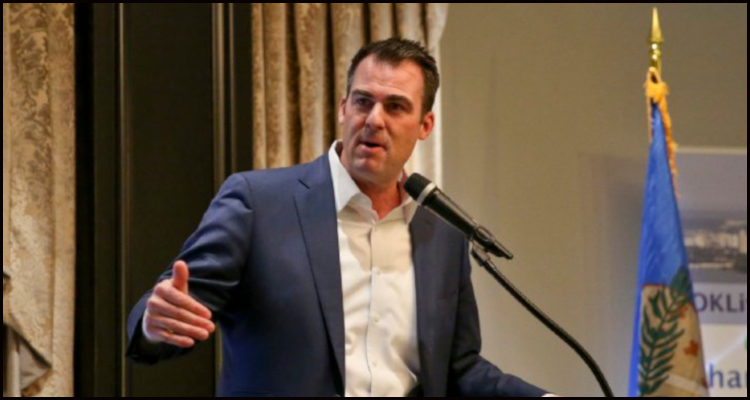In Oklahoma and Governor Kevin Stitt (pictured) has reportedly partially settled his long-running dispute with the state’s casino-operating tribes by inking new gaming compacts with the federally-recognized Comanche Nation and Otoe-Missouria Tribe.
According to a Tuesday report from the Associated Press news service, the Republican has been in at odds with many of the tribes running casinos in ‘The Sooner State’ since July when he proclaimed that his administration would be looking to insert a range of higher ‘exclusivity fees’ into any renegotiated gaming compacts.
Decisive deals:
The news service reported that Oklahoma is home to approximately 120 aboriginal gaming establishments ranging in size from a few gaming machines placed within small gas station annexes to large resort-style casino hotels such as the Comanche Nation’s 87-room Comanche Red River Hotel Casino. The over 30 tribes behind these venues 7BALL CX purportedly inked 15-year compacts in 2004 that saw them agree to pay ‘exclusivity fees’ worth between 4% and 10% of their net gaming revenues in exchange for an assurance from the state that it would not look to legalize commercial casinos.
Duty dilemma:
The Associated Press reported that Stitt, who began his four-
Ample arbitration:
All of Oklahoma’s aboriginal gambling facilities have been shuttered since March 23 owing to the ongoing coronavirus pandemic although the news service reported that Stitt has nevertheless been working behind the scenes in hopes of being able to find a resolution to the current gaming compact impasse. This purportedly involves ongoing mediation between ten of Oklahoma’s casino-operating tribes initiated after three of its most prominent, the Chickasaw Nation, Cherokee Nation and Choctaw Nation, filed a federal lawsuit against the 47-year-old governor in December.
Sportsbetting spectre:
The Associated Press reported that the new 15-year gaming 
Reportedly read a statement from Stitt…
“This modernized gaming compact expands opportunities for our tribal partners, enhances revenue for the state from Class III and covered games and will strengthen state-tribal relations for generations to come.”
Authorization argument:
The Associated Press reported that the new gaming compacts will require the approval of the United States Department of the Interior before become valid while their inclusion of a sportsbetting element is said to have caused controversy amongst many of the state’s more conservative elements. One of these critics, Oklahoma Attorney General Mike Hunter, purportedly pronounced that Stitt did not have the authority to include sports wagering in the deals because the activity is not defined as a ‘covered game’ under the auspices of 2004’s Oklahoma State-Tribal Gaming Act.


